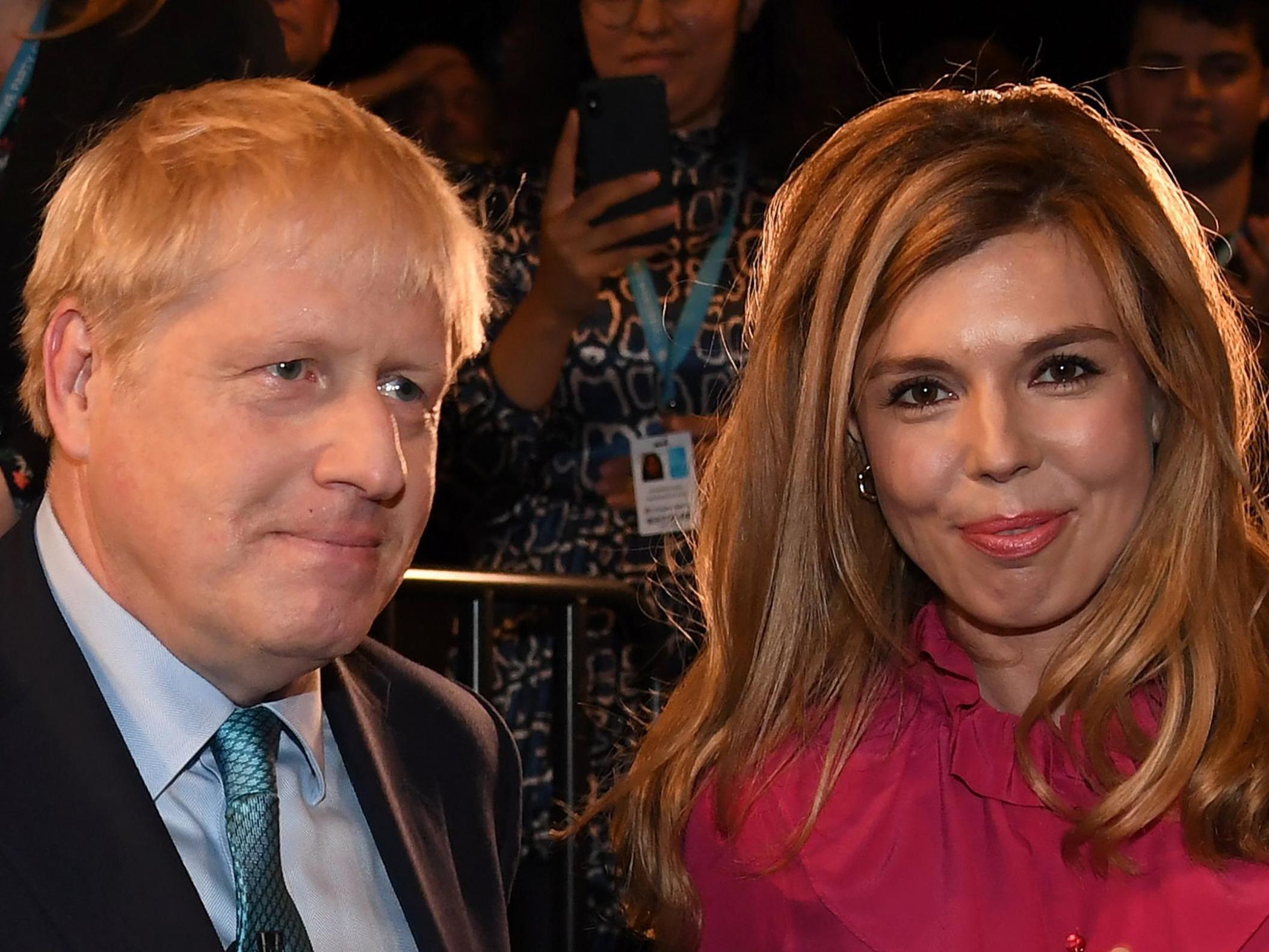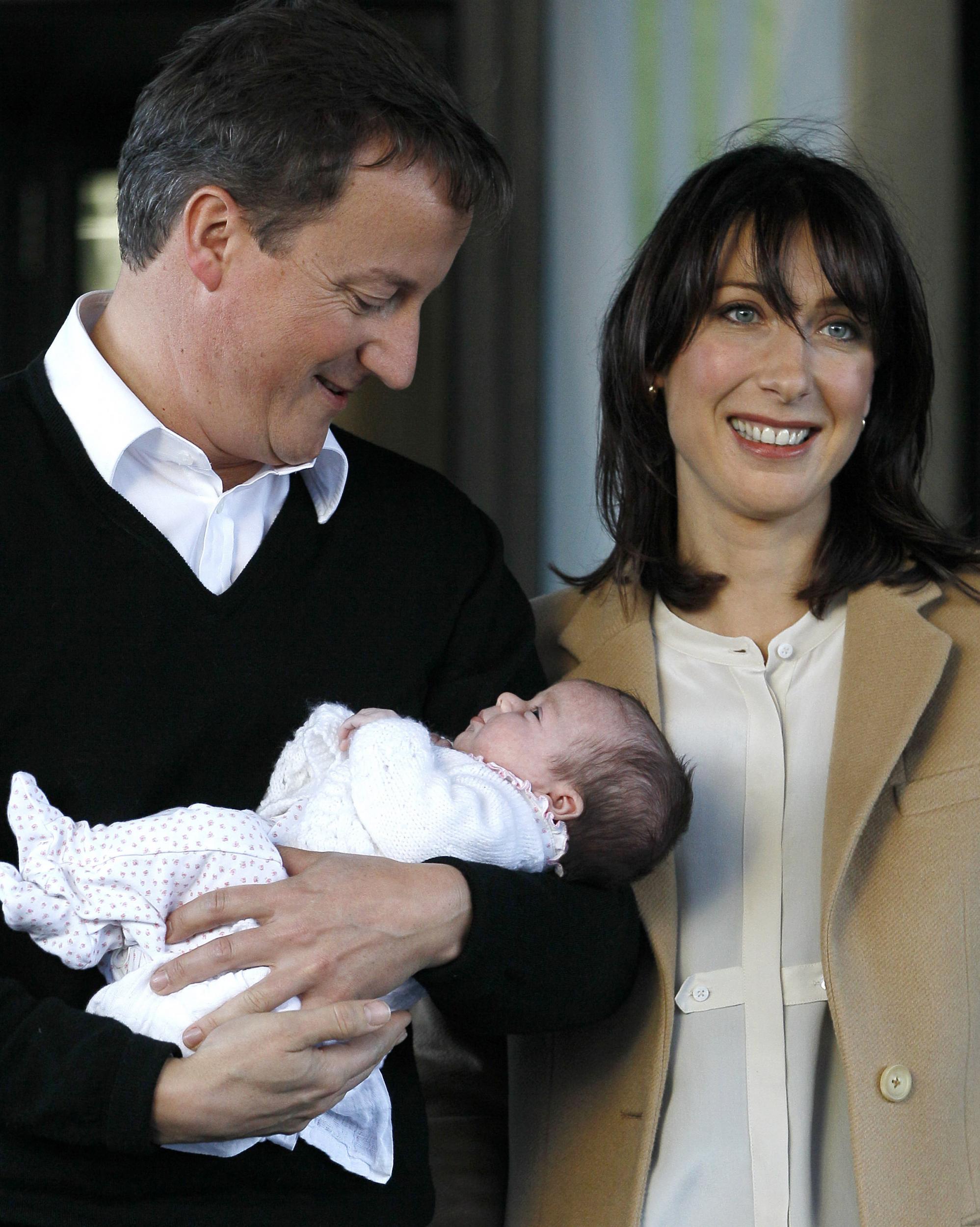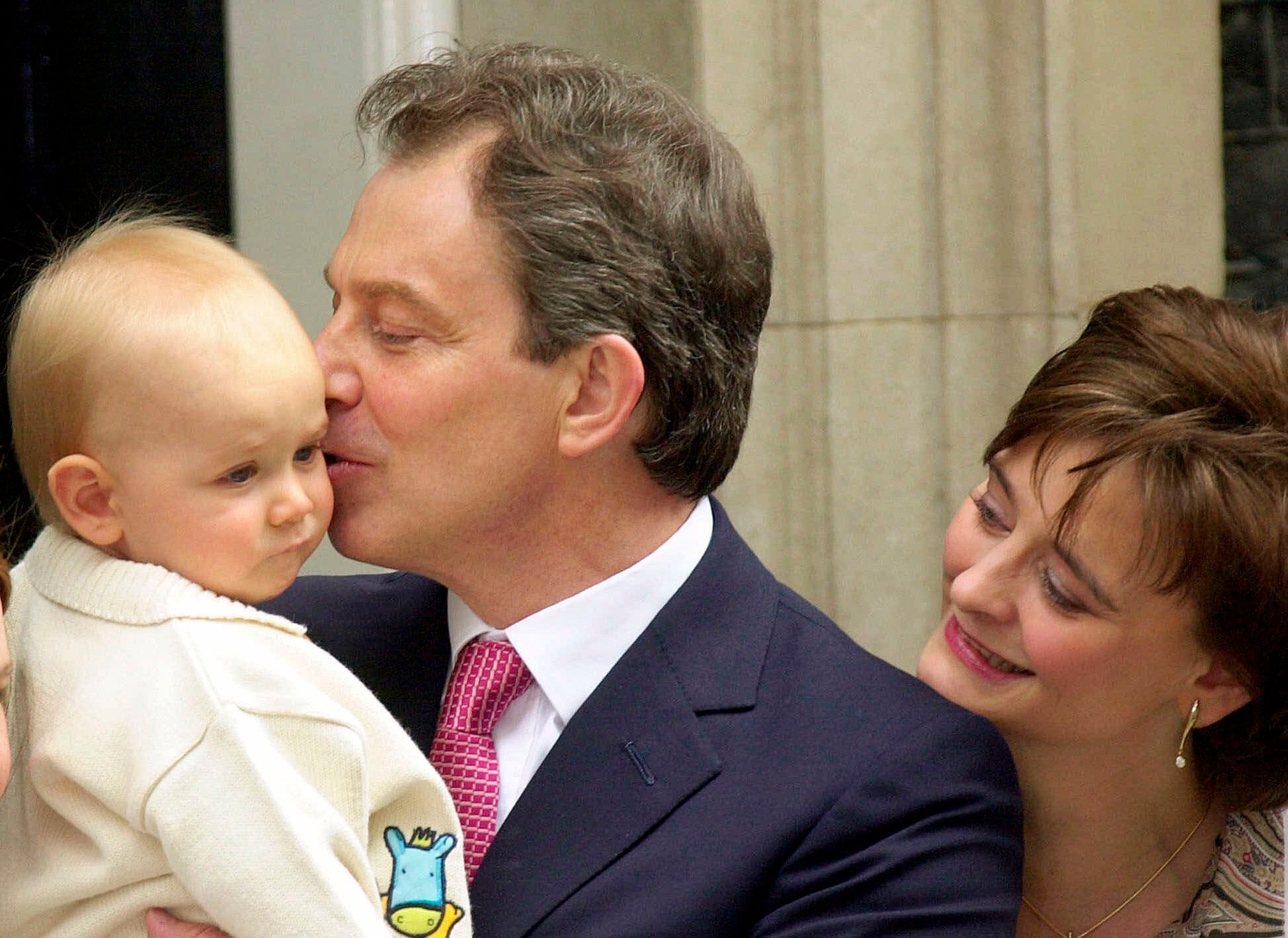The Independent's journalism is supported by our readers. When you purchase through links on our site, we may earn commission.
Boris Johnson and Carrie Symonds baby: Which prime ministers have taken paternity leave while in office?
Boris Johnson and Carrie Symonds announced birth of baby boy on Wednesday 29 April

Your support helps us to tell the story
From reproductive rights to climate change to Big Tech, The Independent is on the ground when the story is developing. Whether it's investigating the financials of Elon Musk's pro-Trump PAC or producing our latest documentary, 'The A Word', which shines a light on the American women fighting for reproductive rights, we know how important it is to parse out the facts from the messaging.
At such a critical moment in US history, we need reporters on the ground. Your donation allows us to keep sending journalists to speak to both sides of the story.
The Independent is trusted by Americans across the entire political spectrum. And unlike many other quality news outlets, we choose not to lock Americans out of our reporting and analysis with paywalls. We believe quality journalism should be available to everyone, paid for by those who can afford it.
Your support makes all the difference.On Wednesday 29 April, Boris Johnson and Carrie Symonds announced the arrival of their first child together.
A spokesperson for the couple said they were “thrilled to announce the birth of a health baby boy at a London hospital earlier this morning”, stating that “both mother and baby are doing very well”.
“The PM and Ms Symonds would like to thank the fantastic NHS maternity team,” they added.
Following the announcement of Ms Symonds’ pregnancy in February, the prime minister said he planned on taking paternity leave when his baby was born.
However, this statement was made before the events that followed the declaration of the coronavirus outbreak as a pandemic by the World Health Organisation.
Downing Street has since confirmed that the prime minister will take paternity leave by June, stating that he intends to take time off “later in the year, rather than now”.
Mr Johnson is the fourth prime minister to have a child while in office in 170 years.
He followed David Cameron, whose daughter Florence was born in 2010; Tony Blair, whose son Leo was born in 2000; and Lord John Russell, whose sons George and Francis were born in 1848 and 1849 respectively.
As per statutory paternity leave arrangements, new fathers are entitled to take either one or two weeks’ leave when their baby is born.
The government outlines that the statutory weekly rate of paternity pay is £151.20 or 90 per cent of your average weekly earnings, depending on which amount is lower.
Here is how Mr Cameron and Mr Blair decided to allocate their time following the births of their children while they were serving prime ministers.
David Cameron

On 24 August 2010, Samantha Cameron gave birth to baby daughter Florence Rose Endellion via C-section at the Royal Cornwall Hospital in Truro.
Mr Cameron became the first serving prime minister to take statutory paternity leave.
Statutory paternity leave was introduced in 2003.
Shared parental leave was introduced 12 years later, allowing new parents to share up to 50 weeks of leave and up to 37 weeks of pay.
Following the birth of Mr Cameron’s daughter Florence, then-deputy prime minister Nick Clegg spoke about his colleague’s decision to take paternity leave.
“I spoke to him just after the birth of his baby daughter. We haven’t yet spoken about exactly what date he is returning,” Mr Clegg told LBC at the time.
“He obviously wants to take some time off, like any young dad does, for paternity leave and I will just carry on holding the fort.”
Tony Blair

Although statutory paternity leave had not yet been introduced in the UK when Mr Blair’s son Leo was born in 2000, the then-prime minister did decide to reduce his schedule following the birth.
“I’ll take more time off. I’ll try to cut down on official things,” Mr Blair said at the time, according to The New York Times.
“You’ve got to have some common sense about it — you want to spend more time with your baby, but you don’t give up the job.”
Join our commenting forum
Join thought-provoking conversations, follow other Independent readers and see their replies
Comments